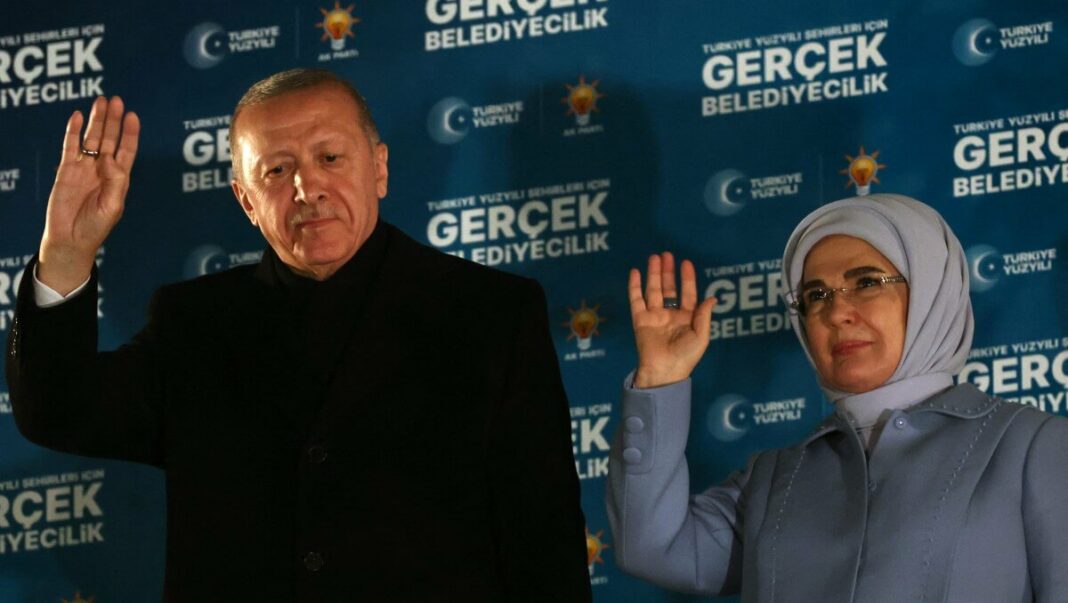Turkey’s ruling Justice and Development Party (AKP) would secure just under a two-point lead over the main opposition Republican People’s Party (CHP) in a possible parliamentary election in December, according to the results of a recent survey conducted by ASAL research.
The research company shared the results of the survey, conducted with the participation of 1,860 respondents across 26 provinces, on its X account on Friday.
According to the results, the AKP, which has been ruling Turkey as a single-party government since 2002, would have had a nationwide vote of 32.5 percent, while support for the main opposition would have been 30.7 percent, if a general election were to have been held in December.
The figures also showed the AKP’s far-right ally the Nationalist Movement Party (MHP) at 9.6 percent, followed by the pro-Kurdish Peoples’ Equality and Democracy Party (DEM Party) (9.1 percent), the nationalist opposition İYİ (Good) Party (5.2 percent), the far-right and anti-refugee Victory Party (ZP) (3.4 percent), the Islamist New Welfare Party (YRP) (3.2 percent), the nationalist-conservative Anahtar (Key) Party (1.9 percent) and the Workers’ Party of Turkey (TİP) (1.4 percent).
When compared with the votes received in the May 14 general election last year, support for the ruling AKP decreased by 3.8 points, falling from 36.3 percent to 32.5 percent, while the CHP’s votes surged by 4.9 points, increasing from 25.8 percent to 30.7 percent, according to the poll results.
The survey comes after President Recep Tayyip Erdoğan’s ruling AKP suffered its worst election defeat since coming to power two decades ago in the March 31 local polls, where the CHP emerged as the country’s leading party after decades out of power, triggering discussions of an early general election. The next general election in Turkey is scheduled for 2028.
Over the past several years Turkey has been suffering from a deteriorating economy, with high inflation and unemployment as well as a poor human rights record. President Erdoğan is criticized for mishandling the economy, emptying the state’s coffers and establishing one-man rule in the country where dissent is suppressed and opponents are jailed on politically motivated charges.
In December inflation stood at 47.1 percent over the past year, and the lira has lost more than 90 percent of its value against the dollar in the past decade. It has been the worst performer in emerging markets for several years running due largely to economic and monetary policy concerns under the government of Erdoğan.



